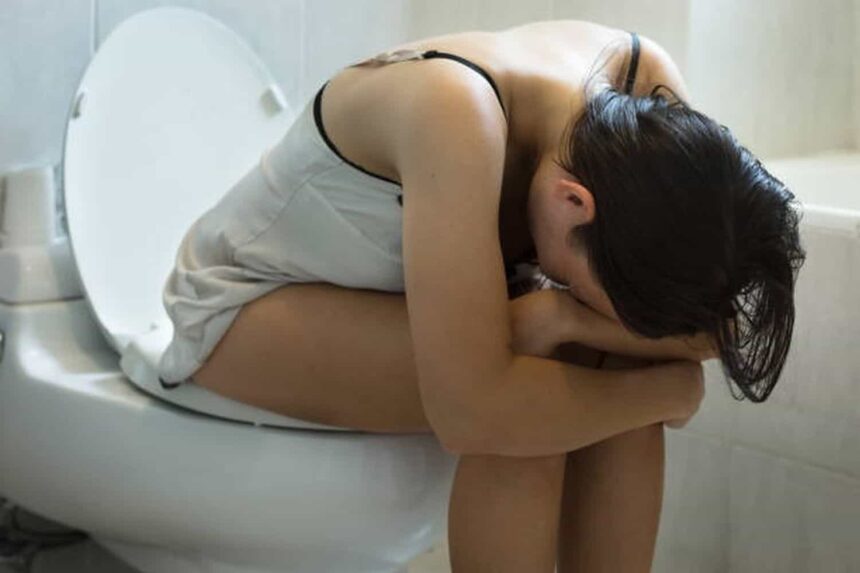Addressing the Link Between Heavy Periods and Anaemia in Young Women
Recent studies have highlighted a concerning trend – heavy menstrual bleeding is becoming a leading cause of iron deficiency and anaemia among young women. The World Health Organisation reports that 43% of women of reproductive age in Sub-Saharan Africa suffer from iron-deficiency anaemia, with abnormal bleeding and irregular menstrual cycles playing a significant role in this statistic.
Health experts are sounding the alarm, noting that the problem is escalating due to factors such as early onset of menstruation in girls, inadequate health education, insufficient iron replacement, and poor management of heavy periods. Sister Karin Davidson from the Cape Town Infusion Centre warns that there is a growing need for intervention to address this health crisis.
Challenging the Normalisation of Heavy Periods
A key issue exacerbating the situation is the normalization of heavy or irregular periods as an inevitable part of womanhood. This mindset discourages women from seeking help and perpetuates the cycle of suffering in silence. Sister Davidson emphasizes that excessive bleeding during menstruation should not be dismissed as normal, as it can lead to severe iron deficiency if left untreated.
It is important to recognize the warning signs of heavy menstrual bleeding, such as prolonged bleeding, frequent changes of sanitary products, clotting, and sudden gushes of blood. These symptoms indicate a need for medical attention to prevent further complications like anaemia.
The Impact of Anaemia on Women’s Health
Anaemia can have far-reaching effects on women’s health beyond just fatigue and weakness. It can disrupt hormone balance, affect fertility, increase the risks of complications during pregnancy, and worsen symptoms during menopause. Recognizing abnormal bleeding as a signal from the body for help is crucial in addressing these health concerns and seeking appropriate treatment.
It is time to shift the narrative around heavy periods and anaemia, moving away from acceptance of suffering as a norm. By raising awareness, encouraging early intervention, and providing adequate support, we can empower women to take control of their menstrual health and overall well-being.








